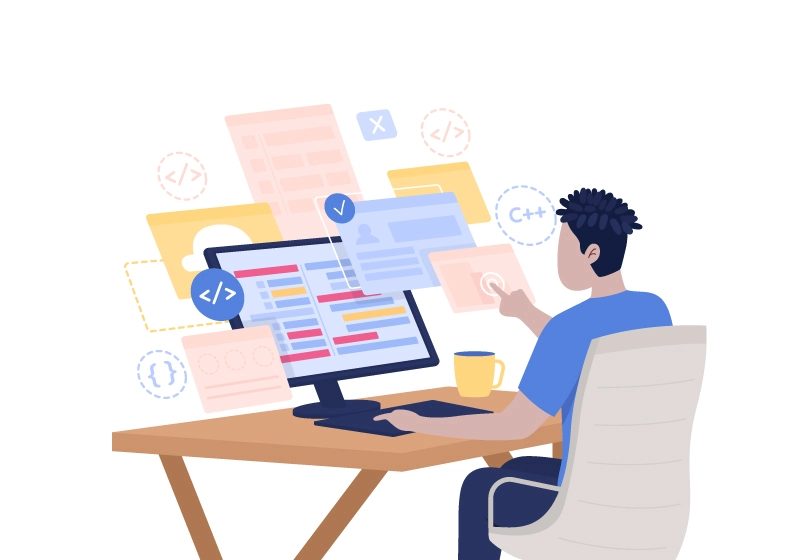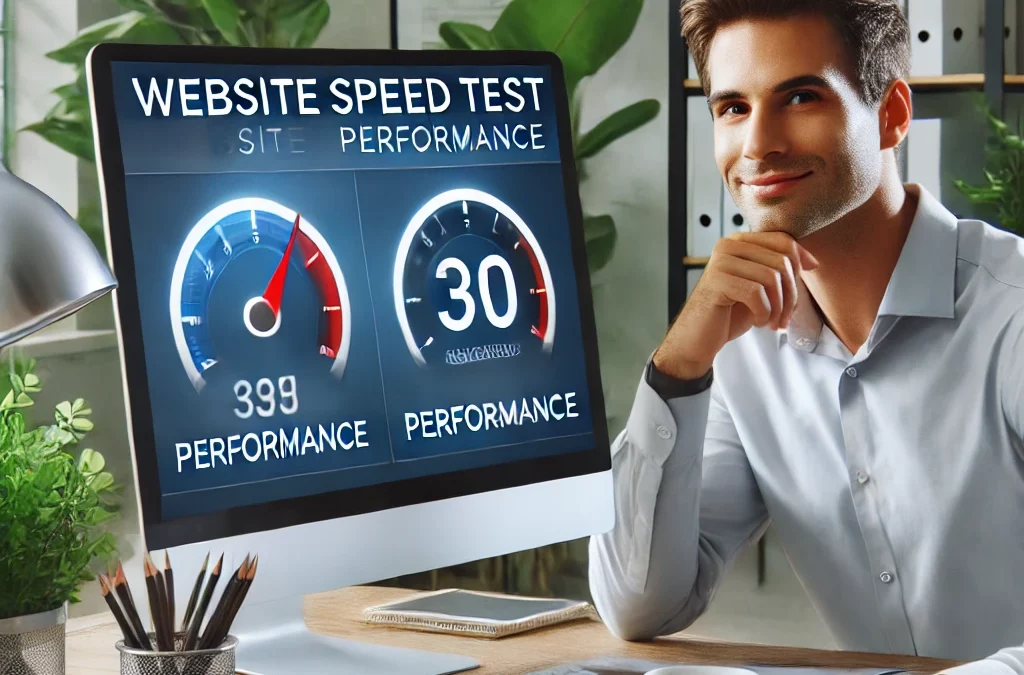
Choosing the Right Domain Name for Your Business
January 31, 2025
Business Website vs. Social Media: Which is Best for Your Business?
February 14, 2025Introduction
Did you know that 47% of users expect a website to load in two seconds or less? And that a one-second delay can reduce conversions by up to 7%. Your website loading speed has a direct impact on user experience, search rankings, and revenue. Slow websites frustrate visitors, increase bounce rates, and reduce the likelihood of converting potential customers.
Search engines like Google prioritise fast-loading websites in their rankings, meaning that a slow website can hurt your SEO and visibility. If you’re running a small business, ensuring your website loads quickly can be the difference between success and failure.
This article explores why website loading speed matters, how it affects your business, and the best ways to improve it. By making small technical changes and optimising key aspects, you can improve customer retention, increase revenue, and enhance search rankings.
1. How Website Loading Speed Affects User Experience
Why It’s Important
A slow-loading website drives visitors away before they even see your content. Studies show that 40% of users will abandon a site if it takes more than 3 seconds to load.
A poor experience on your website doesn’t just affect visitors—it affects their perception of your brand’s reliability and trustworthiness. People expect instant gratification, and if your site is slow, they may assume your business is too.
How Slow Loading Affects Visitors
- Increases bounce rate – Visitors leave before engaging with your content.
- Reduces engagement – Slow websites discourage users from browsing multiple pages.
- Hurts brand perception – A sluggish website makes your business seem unreliable or unprofessional.
- Lower conversion rates – Frustrated users are less likely to complete a purchase or contact you.
- Leads to lost revenue – Every second of delay directly impacts your ability to generate sales.
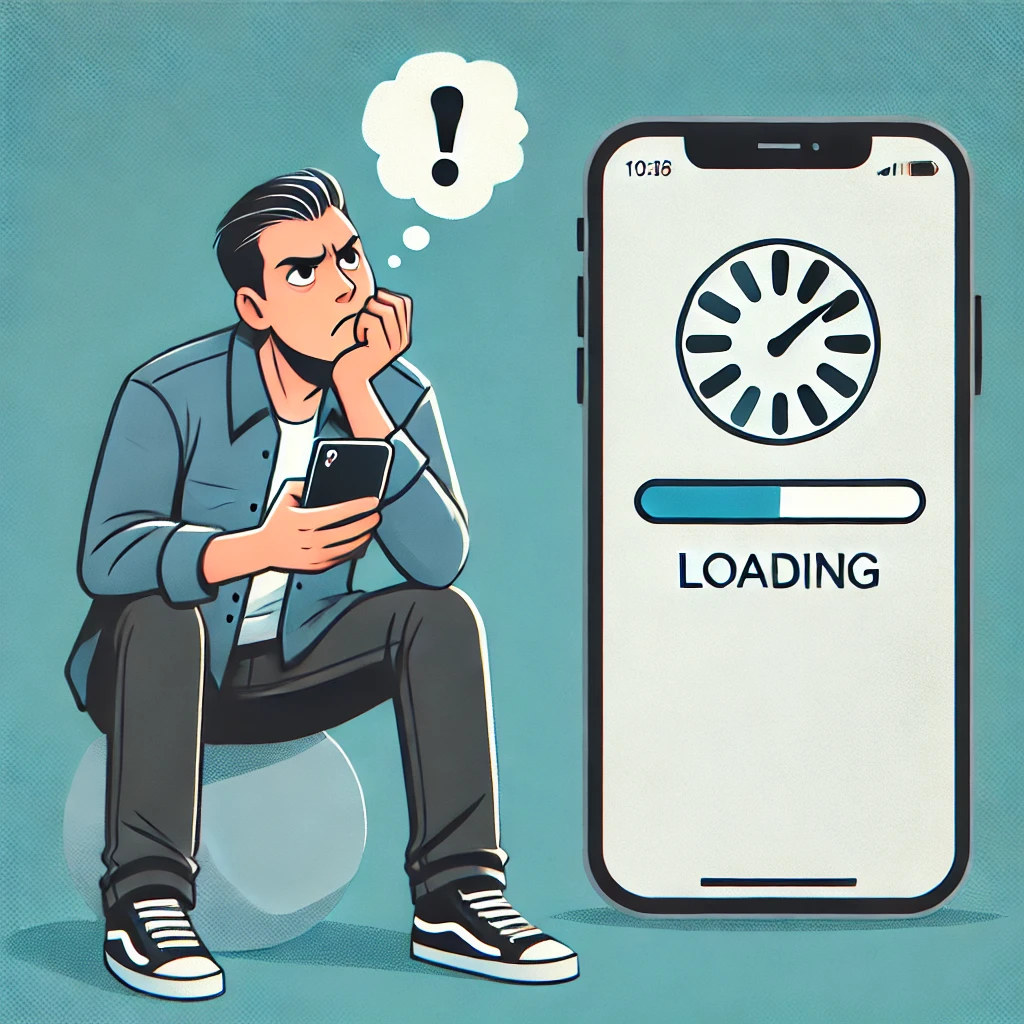
2. Why Website Loading Speed is Crucial for SEO
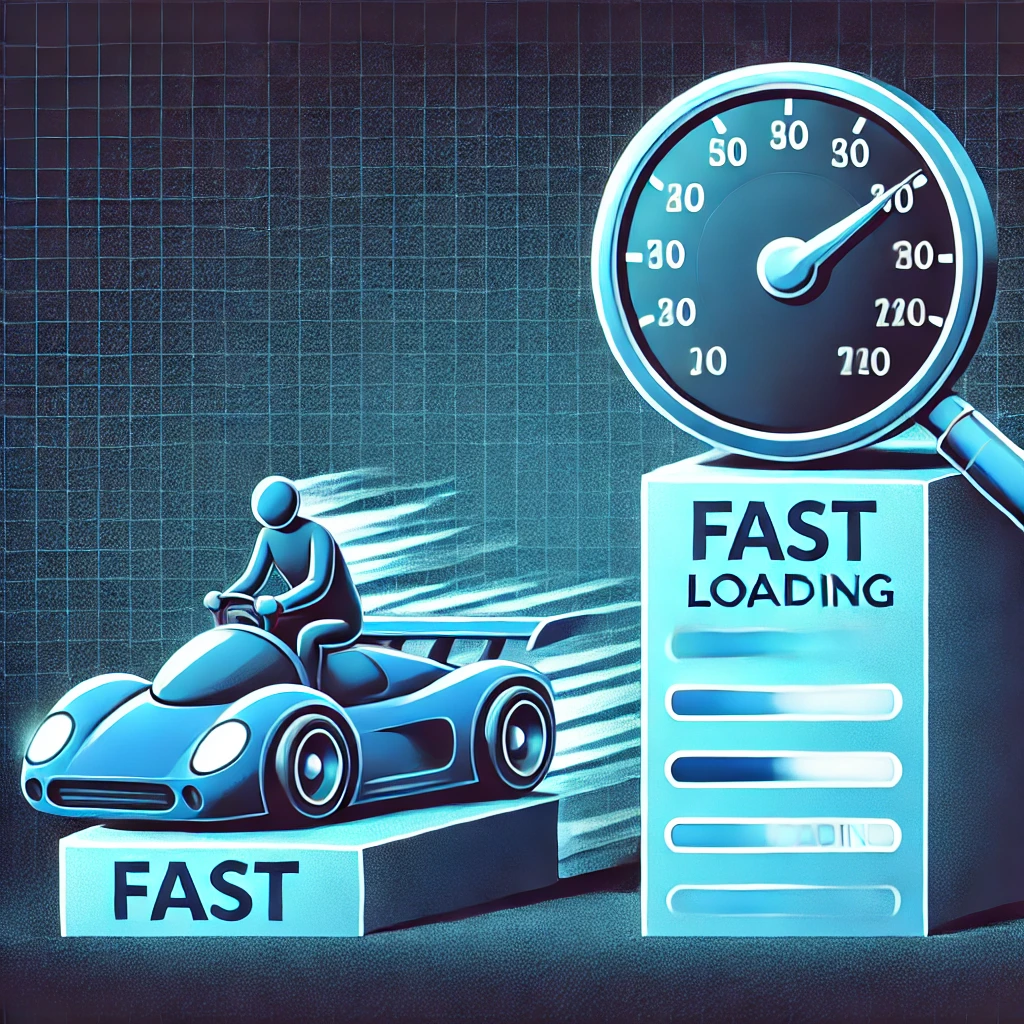
Why It’s Important
Google uses page speed as a ranking factor in search results. If your website is slow, it will rank lower, making it harder for potential customers to find you.
How Speed Impacts SEO
- Core Web Vitals – Google measures factors like Largest Contentful Paint (LCP) and First Input Delay (FID).
- Mobile-friendliness – Slow websites perform worse on mobile devices, impacting rankings.
- Crawl budget efficiency – Google crawls fewer pages on slow websites, which affects indexation.
- Better indexing – Fast websites get crawled and indexed more frequently, improving visibility.
3. How Website Loading Speed Boosts Conversions
Why It’s Important
A slow website leads to fewer sales, sign-ups, and leads. Even a one-second delay can significantly reduce customer conversions.
How Speed Affects Conversions
- Faster checkout process – Online stores see more completed purchases.
- Higher lead generation – Contact forms and sign-ups work more efficiently.
- Improved trust – Users perceive fast websites as more reliable.
- Increased return visitors – Faster load times improve user satisfaction, leading to more repeat business.
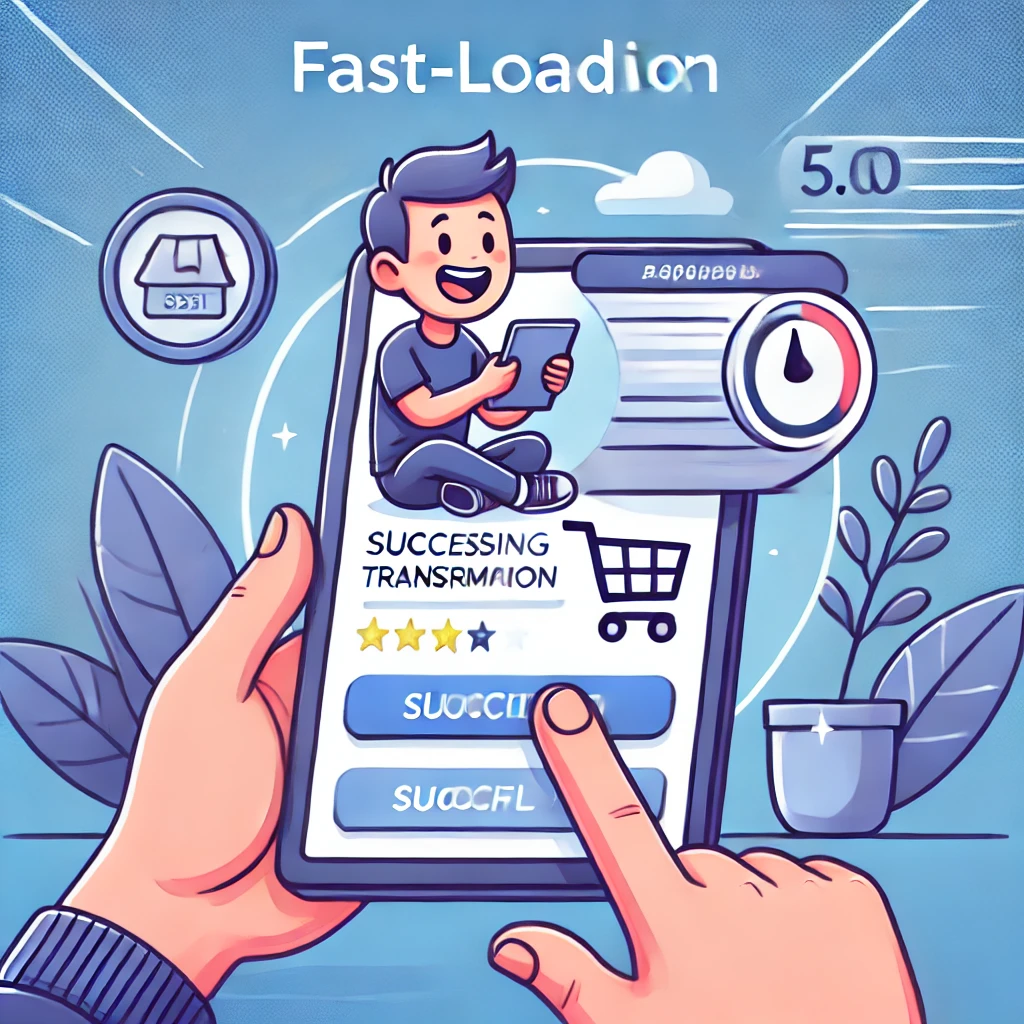
4. How to Measure and Improve Website Loading Speed
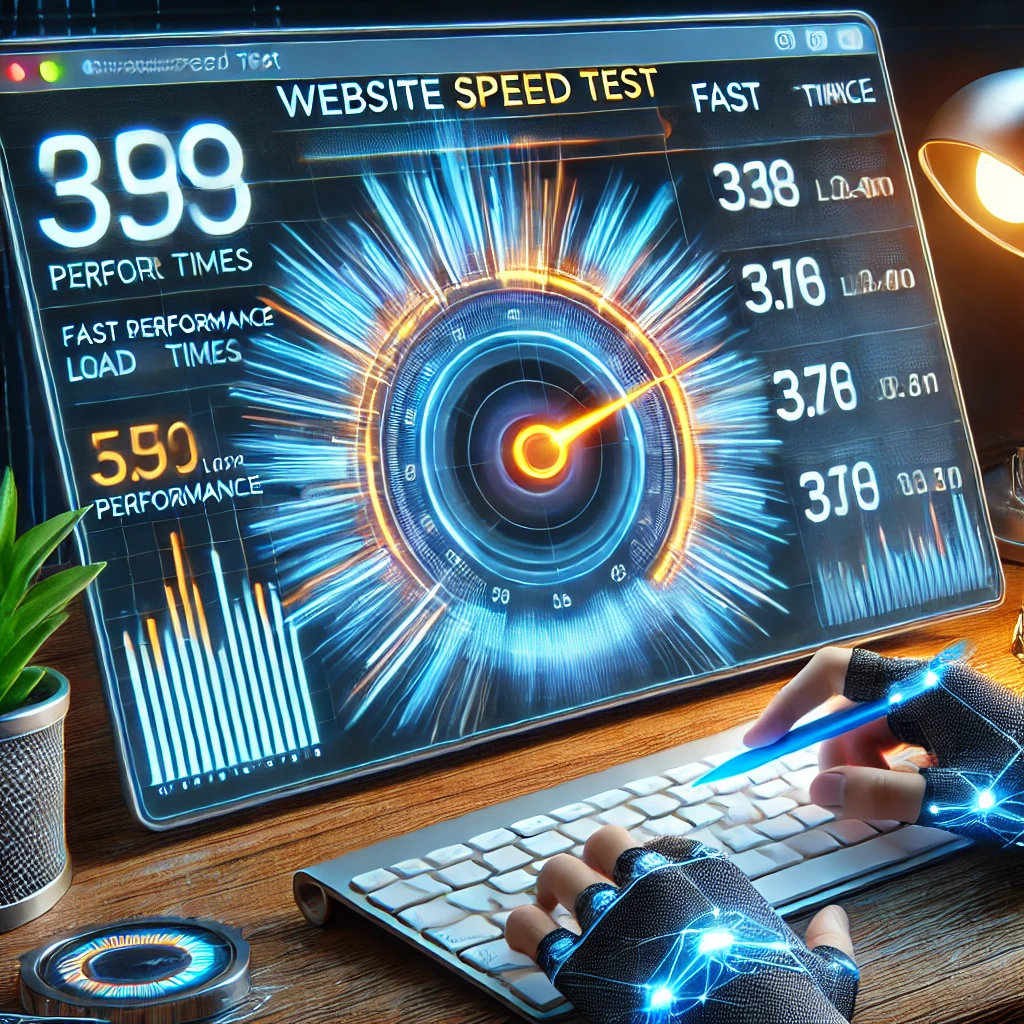
Why It’s Important
Before you improve speed, you need to measure your current performance using reliable tools.
Best Tools for Speed Testing
- Google PageSpeed Insights – Provides performance scores and recommendations.
- GTmetrix – Offers in-depth speed analysis and optimisation suggestions.
- Pingdom Tools – Monitors real-time page load speed.
- Lighthouse – A tool for diagnosing and fixing website performance issues.
How to Improve Speed
- Optimise images – Compress images without sacrificing quality.
- Minimise HTTP requests – Reduce the number of scripts, images, and files.
- Enable caching – Store website data for faster repeat visits.
- Use a content delivery network (CDN) – Serve content from servers closest to the user.
- Upgrade to better hosting – High-performance hosting improves loading times.
5. Common Mistakes That Hurt Website Loading Speed
Why It’s Important
Avoiding common website speed mistakes ensures a smooth user experience and better rankings.
Biggest Speed Mistakes
- Large, unoptimised images – Slows down page loading times.
- Too many plugins – Increase server response time.
- Poor hosting – A slow server affects website performance.
- Lack of browser caching – Forces repeated data loading.
- No Gzip compression – Leads to bloated page sizes and slower delivery.
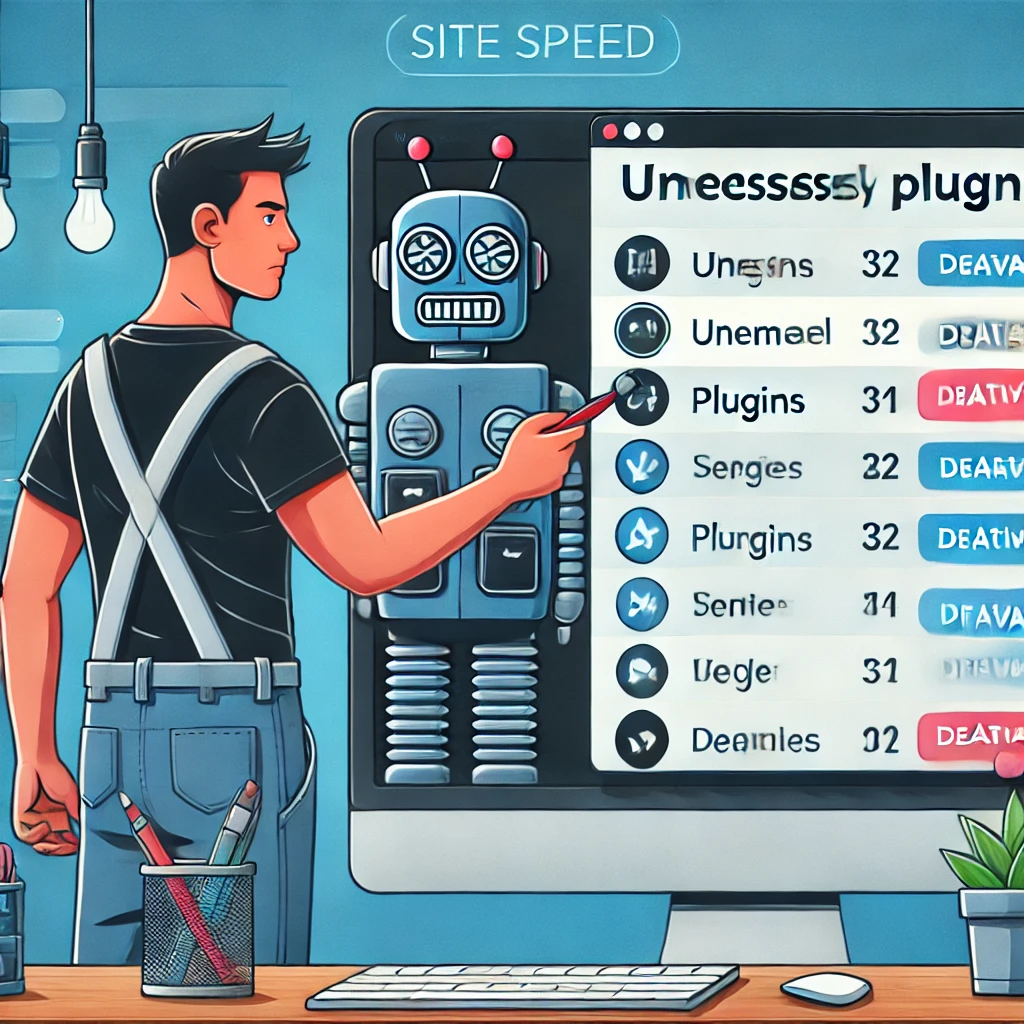
Conclusion
Your website loading speed has a direct impact on user experience, SEO, and revenue. By ensuring your site is fast, you improve customer satisfaction, search rankings, and conversion rates.
🚀 Need help optimising your website speed?
